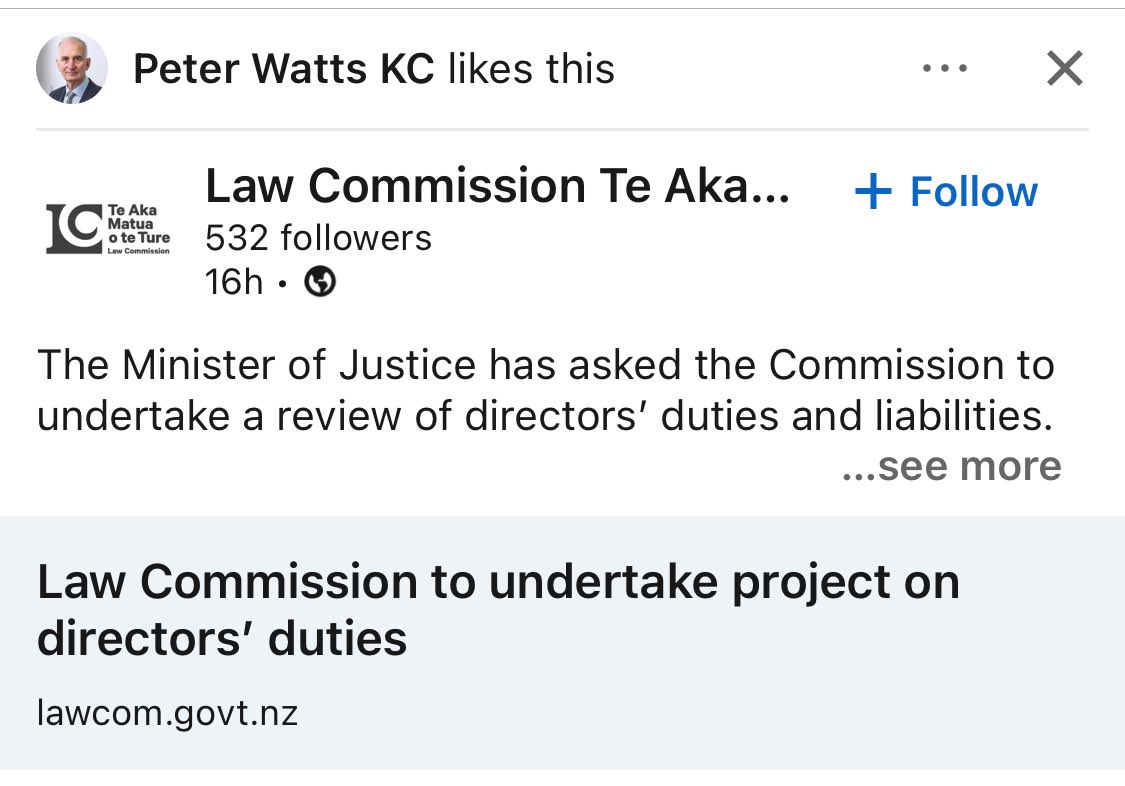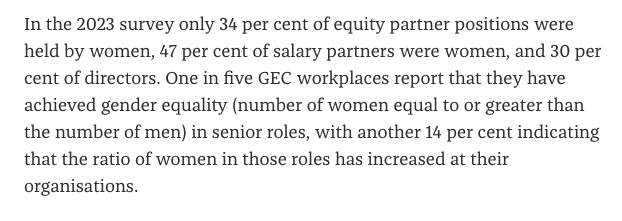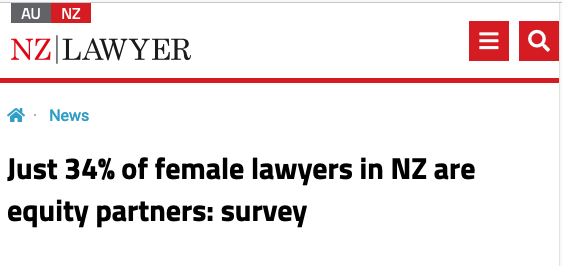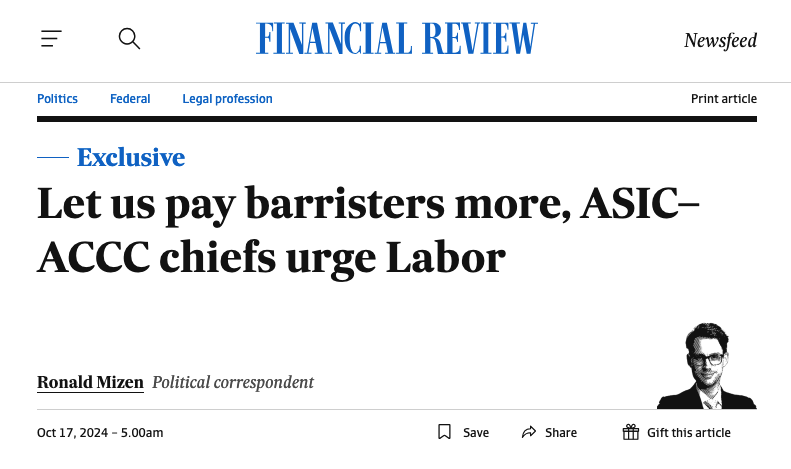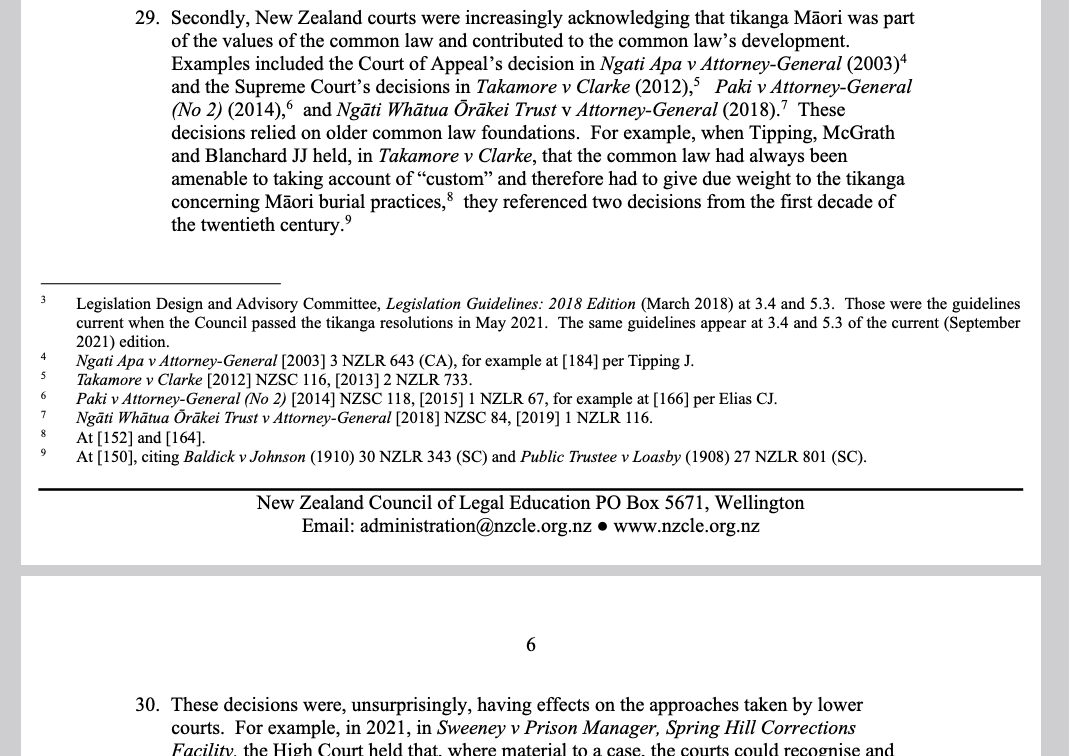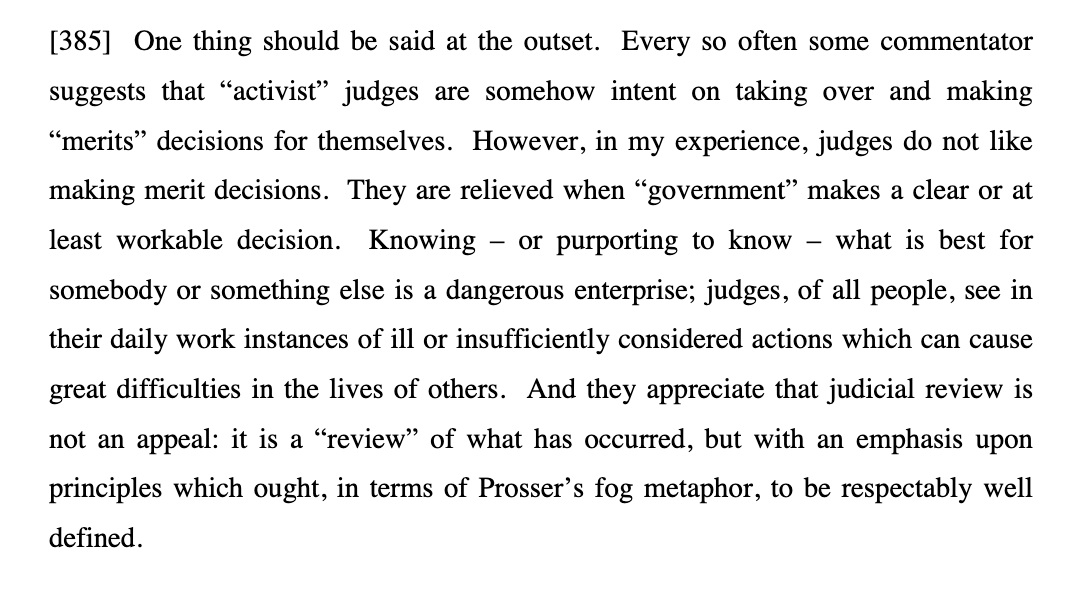
I know I never really start any of these positively but, far out, what a year! Simply exhausting, and that’s only on the basis of a fairly middle-of-the-road plod by yours truly. Still, well done you for making it this far. Some of us quit law half way through and started writing letters to children instead.
What sort of year has it been?
The Treaty Principles Bill brought out a collection of the worst takes you’ve ever heard in your life. Lawyers played an important role in the debate. Not on the merits, obviously – God. But they did do their assiduous best to out-“well actually” each other about the limits of Parliamentary sovereignty. The people opposed to the bill were united against the idea of an offensive legal fiction. The people in favour of the bill were split: some said that Parliament can legislate to say the Earth is flat; others said it doesn’t have to because it already is. The bill didn’t progress beyond second reading and was never going to but it took up time in the House and select committee that we’re now partly paying back by having what seems like every second piece of legislation hurtling through under urgency.
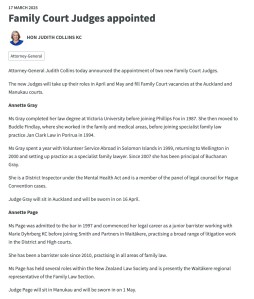
The judicial appointment criteria protocol got updated to remove express reference to diversity. That is a backwards step. It has been that commitment to diversity that has meant that a full spectrum of Cookes have been appointed over the years. It didn’t matter whether your first name was Philip or Robin or Francis – you were given an equal shot at getting to the bench. Without an express commitment to diversity, I fear for the next generation of Blanchards and Gaults.

Last year, we wrung our hands about whether King’s Counsel ought to be writing open letters. This year, Judith Collins KC fired one off, which is strange because she’s always struck me as more of a without prejudice save as to costs kind of letter writer. Last year, the Supreme Court allowed a Crown appeal about the interpretation of the MACA legislation and instated a more conservative test. This year, we decided even that wasn’t good enough and we got amendment legislation that wasted about a million court sitting hours of MACA claims (MACA in this context standing for Make Applicants Commence Again). Last year we got a Ministry for Regulation and midway through this year a Regulatory Standards Bill. Then we got regulations made that survived about two minutes before the High Court made interim orders that they not be enforced because of questionable evidence, insufficient consultation, and improper abdication of the Minister’s decision-making to Cabinet. I’m not saying 2026 will be worse, but at this rate every Supreme Court media release will be written by Roger Partridge.

Lastly, an update from barrister life. It’s going pretty well, I think, although I’m on track to fail to achieve my one long-held, genuine professional goal in life (appear in front of Ellen France J). I have been lucky to have been entrusted with good work, I have supportive colleagues, and only one silk still hasn’t paid a five-month outstanding invoice. I’m not very good at the work-life balance thing, but we all need something to improve on. The most rewarding part has been being able to choose to take pro bono files I want to take, especially relating to lawyers’ discipline (a healthy dose of the old do what I say, not what I do irony there, but still).
Anyway, we’re almost at the awards but, because this is 2025 and I’m writing to a legal audience, I have to mention generative AI. There we go. Moving on.
The Wayne Gretzky Medal
“You miss 100% of the shots you don’t take,” said Wayne Gretzky. This year’s recipient is Mike Heron KC, tasked with finding the leaker in the Ministry of Education. To be fair, if this had worked then what a coup!

Injudicious remark of the year
Jagose J in Deliu v Legal Complaints Review Officer [2025] NZHC 1730.
Facing a recusal application (far from the first the particular applicant has made and had declined by Jagose J) when just trying to work out some timetabling, Jagose J tells a litigant to “knock yourself out”. The comeuppance is instantaneous as Jagose J then has to write another decision explaining why he doesn’t have to recuse himself for telling a litigant to knock themselves out.

Oration of the year
A speech is when you talk to people. An oration is when you talk to people and you have four or more letters after your name.

The Joe Biden Memorial “Come on, man” Award
Williams J in the oral argument for Iongi v R. In trying to argue the young defendant was part of a plan to shoot the victim, the Crown points to social media videos that showed the defendant had previously handled firearms. Williams J’s response: “That would catch every Crip in the city.”
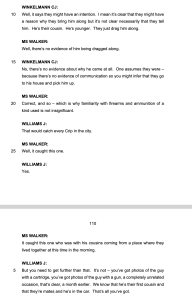
Contrivance of the year
Breakfasts with senior legal figures.
I don’t want breakfast with the Attorney-General. I don’t want breakfast with the Chief Justice. I don’t want breakfast with the Minister of Justice. And if I wanted to eat cold scrambled eggs at the Northern Club then I would go to the Northern Club and order scrambled eggs. (This is a joke. I try not to go to the Northern Club.)
Decision of the year
Briefly interrupting the flippancy to give a genuine plug for J, Compulsory Care Recipient v Attorney-General [2025] NZSC 103 as the most interesting judgment written by the Supreme Court in a long time. Stark facts and four different judgments – each revealing something about the authors’ judicial philosophy. I have read this maybe five or six times this year and maybe I’m making more of it than can fairly be made, but I think this judgment tells you a lot about the current make up of the Court.
Lawyerly precision of the year
This lawyer on LinkedIn, who offered some pertinent commentary on budget cuts at WorkSafe that would likely reduce the number of prosecutions.

“No managers set out to kill their workers”. Hmm. I suppose I can’t exclude the possibility that some managers set out to kill their workers. Better change it.
Lawyerly imprecision of the year
Todd Simmonds KC for “ifs, buts and holes”. I don’t think that’s the saying.

Legal Labubu of the year
Strangely popular. Came out of nowhere. You see it everywhere now. Has me obsessed. It’s the de facto officer doctrine! Featured heavily in Deliu v Lawyers and Conveyancers Disciplinary Tribunal [2025] NZCA 273 and then even more heavily in Glazebrook J’s (correct) dissent in Re Solicitor-General’s Reference (No 1 of 2024) [2025] NZSC 121 (despite not featuring at all in the Crown’s submissions). If you subscribe to one exception to the need for validly appointed decision makers, make sure it is the de facto officer doctrine.
Credibility demolition of the year
Becroft J in Green & McCahill Holdings Ltd v Williams [2025] NZHC 2581. We get one of these a year if we’re lucky, and this year we were very lucky. Extensive adverse credibility findings – far too long to screenshot in their entirety here, but cop a load of these bits.
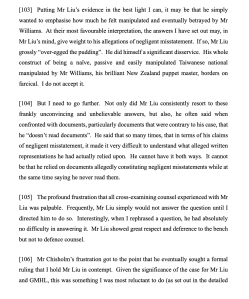

Estate case of the year
Re Denholm [2025] NZHC 1881. The testator leaves $20,000 to each of her grandnieces and grandnephews, thinking she’s got three. Turns out she had 38!
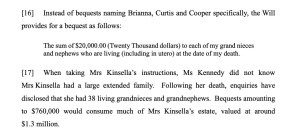
Medium-sized law firm of the year
Meredith Connell.
South Island silk appointment of the year
There were 12 silk appointments this year and none of them were from the South Island this year. I just thought I’d mention that. Mosgiel will remember.
Virtue-signalling of the year
The New Zealand government, for including in the job description for the new Solicitor-General that the “successful applicant will be one who respects and is prepared to advocate for ‘black-letter’ law”. The successful applicant must also agree that the judges of the Supreme Court smell.

(I don’t even know who has applied to be the next Solicitor-General but the correct appointment is Aaron Martin, the current Deputy Solicitor-General, Crown Legal Risk Group – one of the most decent people you’ll ever meet and a tremendously good lawyer. Unfortunately I have jinxed it by writing this.)
Sir Richard Wild Prize for Commitment to the Rule of Law
Christopher Luxon for his comments on the re-institution of the prisoner voting ban that the courts have previously found to be an unjustified infringement on rights.

My dude, you’re the Prime Minister. I think you do have to care about what the High Court of New Zealand says.
Moderately-entertaining (alleged) offending of the year
Was it the man who (allegedly) swallowed a Faberge pendant? No, because I can’t think of any good pun about that. Was it the man who (allegedly) pretended to be a police officer but pulled over real police in an unmarked police car? No, for the same reason. Instead, this goes to the couple who were arrested for excessively heavy petting on an Air New Zealand flight (please ensure children’s fingers and toes are clear from any moving parts, seat backs were not the only thing in the upright position, etc etc.).
Discovery list of the year
No one wants an unmanageable amount of discovery. It’s the worst. It adds to cost. It’s often not central to the key issues. That’s why this year’s award goes to the people who listed the King James Bible as their sole discoverable document even in the face of an unless order. This from Haus of Flash Ltd v Tamaki [2025] NZHC 3276.
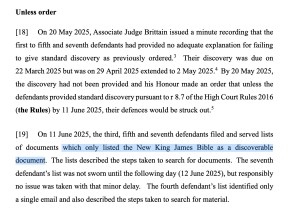
The Horseshoe Theory Award for Conduct in Advocacy
Horseshoe theory provides that extreme positions of the political spectrum often have more in common with each other than the moderate centre. So if you were to draw a diagram of the political spectrum it wouldn’t be a straight line; rather, it would bend like a horseshoe.
This can be applied with equal force in advocacy, where the conduct of top silks and the loosest units of lay advocacy have more in common with each other than at least one of those groups would care to admit.
This award is conferred annually to an instance of advocacy by either a KC or a lay advocate that could most plausibly have been committed by the other. This year the award goes to Lawrence Anderson, for this from Menzies v Corrigan [2025] NZEmpC 186.
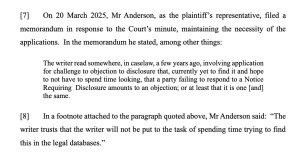
Best attempt to bribe a member of registry staff before proceeding to shoot one’s self in the foot several times
This guy from Ruscoe v Houchens [2025] NZHC 2113.

Maxwell Smart Award for Court Security
We court-martialled a dude for espionage and these were the security measures. It makes you proud to be a Kiwi.

Euphemism of the year
The Kaipara District Council paper that described the “legal” “opinion” (both sets of inverted commas mine) that went through both drafting from Franks Ogilvie and peer-review by Simpson Grierson as having sections of “no specific legal relevance”.
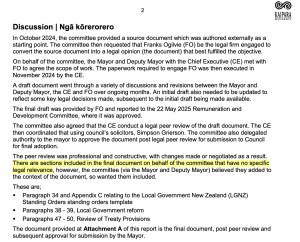
Poetry of the year (flippant edition)
Downs J in Li v NZME Publishing Ltd [2025] NZHC 2986.

Perfection.
Poetry of the year (genuine edition)
The father of murdered Christchurch real estate agent Yanfei Bao remembering her as “the most brilliant colour in our ordinary days“. I still think of this line all the time. I hope you know someone like that.
Cat of the year
Gaia

Appendix
This post has been peer-reviewed by Simpson Grierson, who agree with every word.
Thanks for using ChatGPT. Would you like me to write this again but peppier and with more insults against the New Zealand Initiative?


